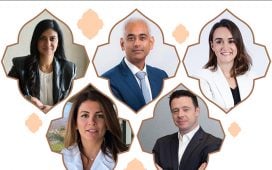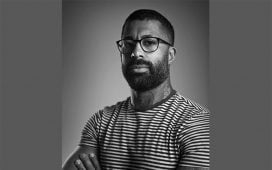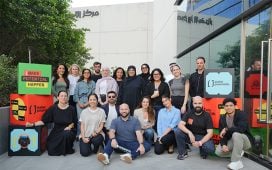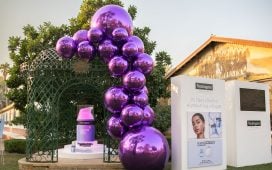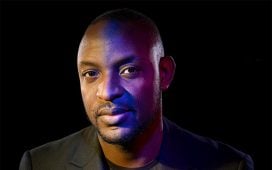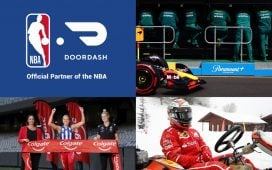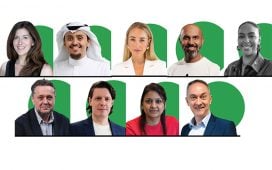It was campaigns including Highway Gallery for The Louvre Abu Dhabi that saw TBWA\RAAD crowned Dubai Lynx agency of the year and made it the most successful regional agency at Cannes Lions in 2018.
On a global level, the biggest news of 2018 seemed to come out of holding company WPP. In April, the group’s effective founder and CEO Sir Martin Sorrell resigned, to be replaced in September by former Wunderman CEO Mark Read.
Since Read has taken over, he has merged some major agencies. First came VMLY&R, formed from digital agency VML and creative shop Y&R in September. And then, in November, WPP announced it would merge dire
To continue reading this article you need to be registered with Campaign. Registration is free and only takes a minute. Register Now or sign in below if you already have an account.

